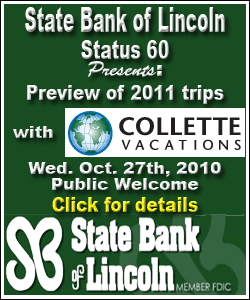| ||||||||||
| ||||||||||
Obama says he supports repeal of "don't ask, don't tell" but only after careful review and an act of Congress. Ultimately, the government did ask Phillips to suspend her ruling pending the government's appeal. After Phillips refused, the administration asked the federal appeals court in San Francisco to freeze her ruling temporarily, which it did late Wednesday. Justice lawyers argued that while appeals were pending, abruptly ending "don't ask, don't tell" and immediately allowing openly gay service members could harm troop morale and unit cohesion when the military is fighting two wars. On rare occasions, Justice officials conclude there is no reasonable argument that can be made in defense of a federal law. Clement recalled two instances during his tenure. One posed free speech problems, because it sought to prevent recipients of federal transportation money from running ads favoring legalization of some drugs. The other was an obscure 1800s statute dealing with licensing of salvage operations.
When George H.W. Bush was president, he vetoed the Cable Television Act of 1992 in the belief that certain provisions were unconstitutional. The bill became law when Congress overrode Bush's veto. Cable operators challenged the law in court, and Bush's Justice Department said it would not defend what the president had vetoed. But then Clinton was elected. He reversed course and sent Justice lawyers into court on behalf of the law. The Supreme Court eventually upheld it.

[Associated
Press;
Copyright 2010 The Associated Press. All rights reserved. This material may not be published, broadcast, rewritten or redistributed.
News | Sports | Business | Rural Review | Teaching & Learning | Home and Family | Tourism | Obituaries
Community |
Perspectives
|
Law & Courts |
Leisure Time
|
Spiritual Life |
Health & Fitness |
Teen Scene
Calendar
|
Letters to the Editor